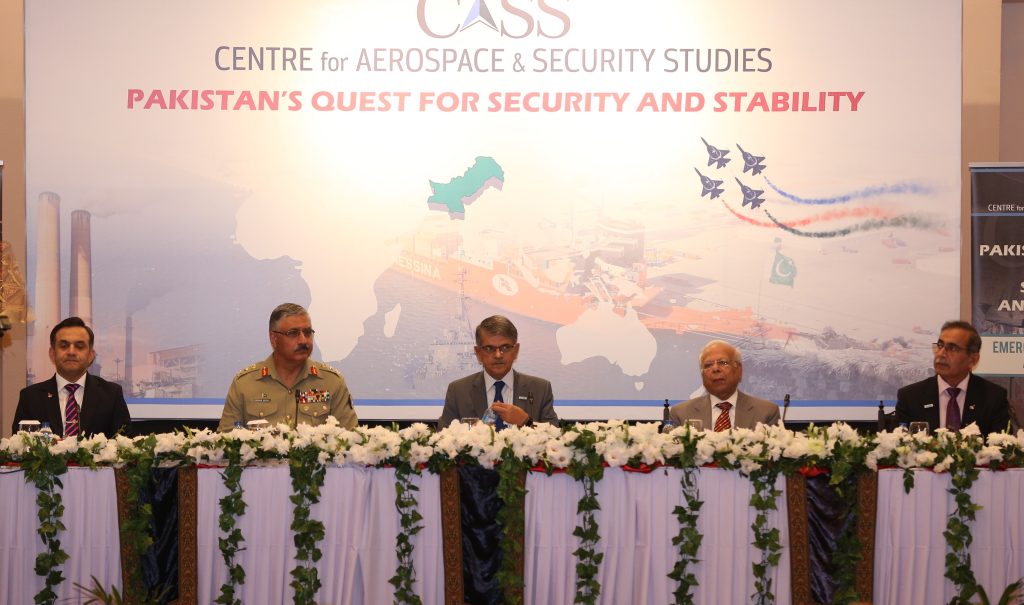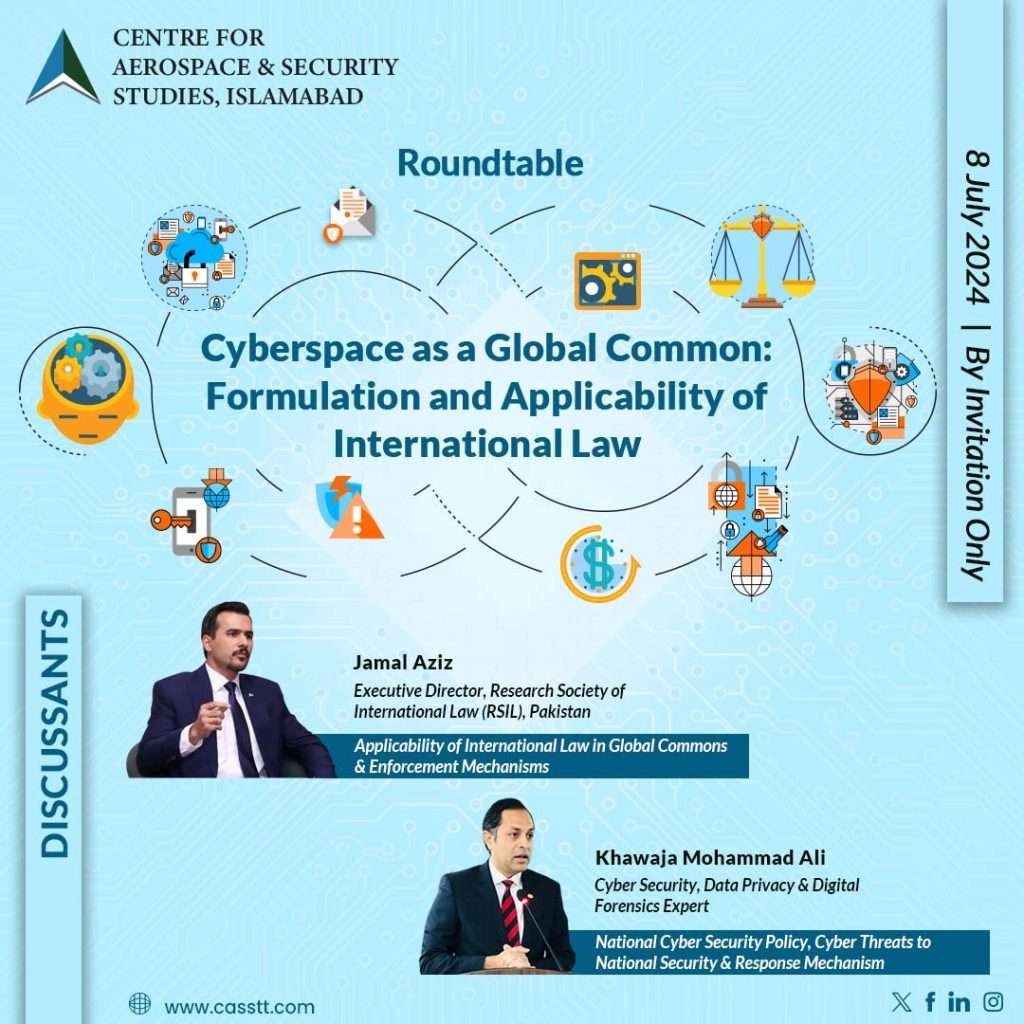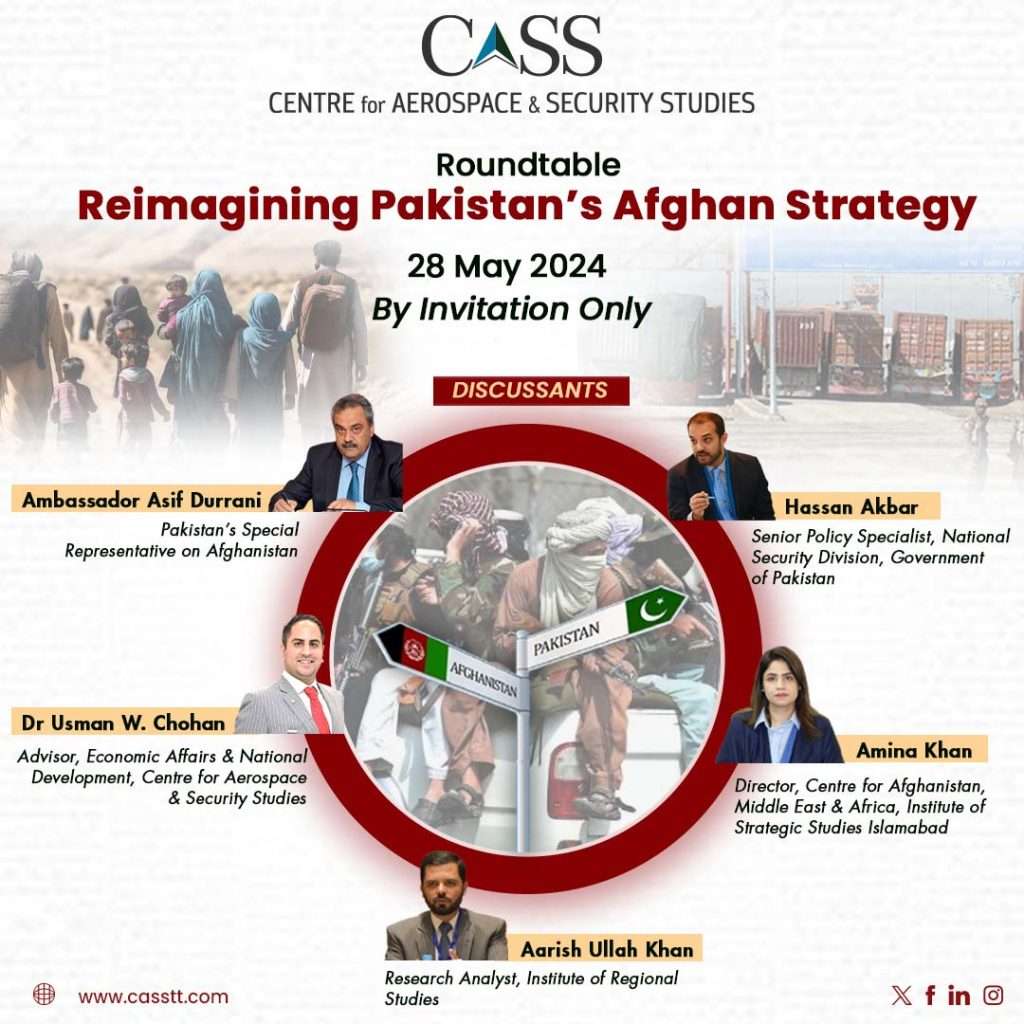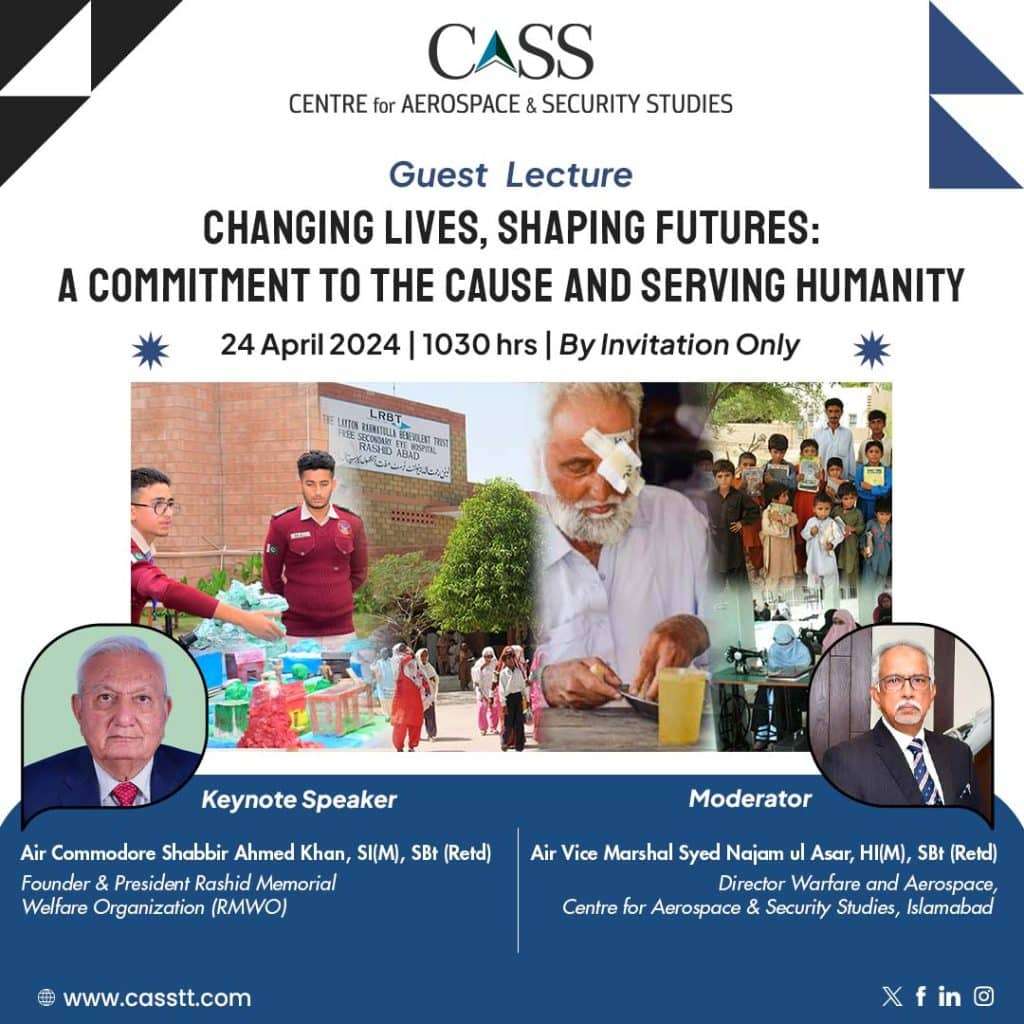Concept Note
During 21st Century, the term “National Security” has been redefined to include the non-traditional security challenges in addition to external military threats. The security and stability of any nation-state is dependent on a host of internal and external factors, such as economy, industrialization, literacy, size and quality of population, available national resources and military capability. Poor economic conditions lead to dissatisfaction which can then be exploited to create is harmony among the populace. Lower levels of literacy, when combined with poor economic conditions, can become a hot bed for terrorism. Weak national institutions lead to poor policy formulation and loss of trust in the government. External environments such as geographic location, unresolved disputes with neighbouring countries, regional alliances and big power interests also play an import role on a country’s security and stability.
Like many modern developing nation-states, Pakistan also faces traditional, as well as non-traditional security challenges that affect its development, economic progress, national cohesion, religious harmony and political stability. The challenges include, but are not limited to poor economy, weak governance, terrorism and subversion, ethnic and sectarian divide, interprovincial discontent and population explosion. Pakistan’s geo-strategic location at the crossroads of South, Central and West Asia gives it many advantages, but also poses challenges for its national security. Owing to Pakistan’s peculiar internal and external dynamics, both traditional as well as non-traditional threats merit serious consideration to make Pakistan a strong, secure and a stable country.
Regional environment is dominated by perpetual hostility between Pakistan and India, the role of international players in Afghanistan and growing tension between the US and Iran. Unilateral abrogation of Article 370 and 35A by the BJP government has not only added a new dimension to India-Pakistan relationship, but set a wrong precedence by violating bilateral agreements, besides undermining the UN Security Council Resolutions and the international rules-based system.




